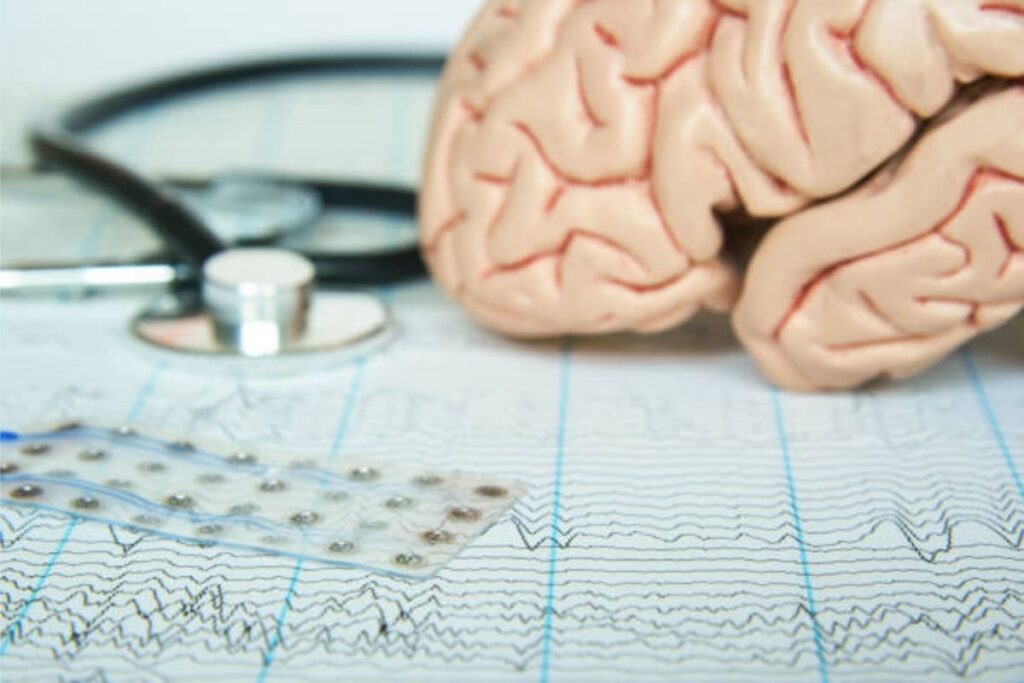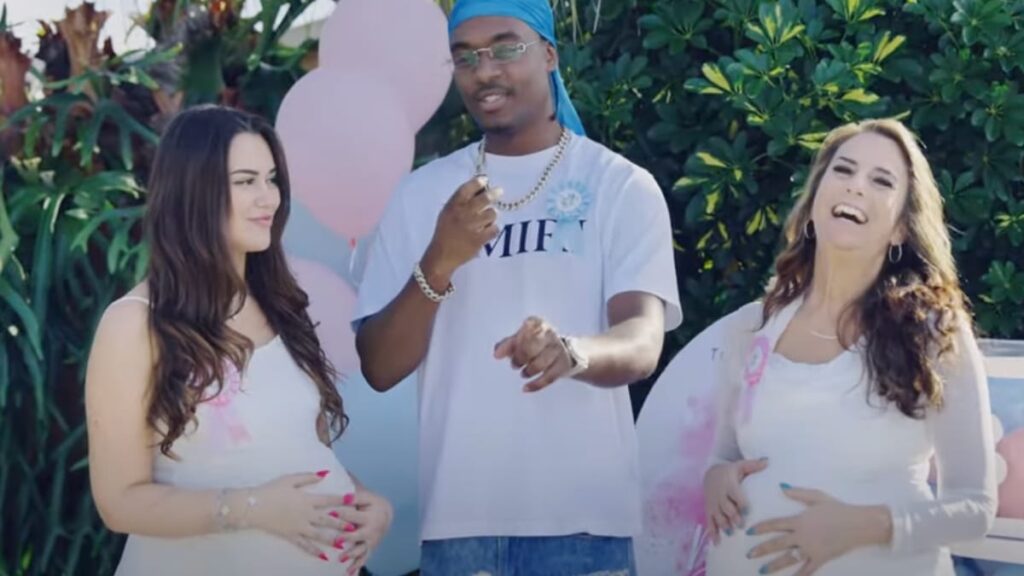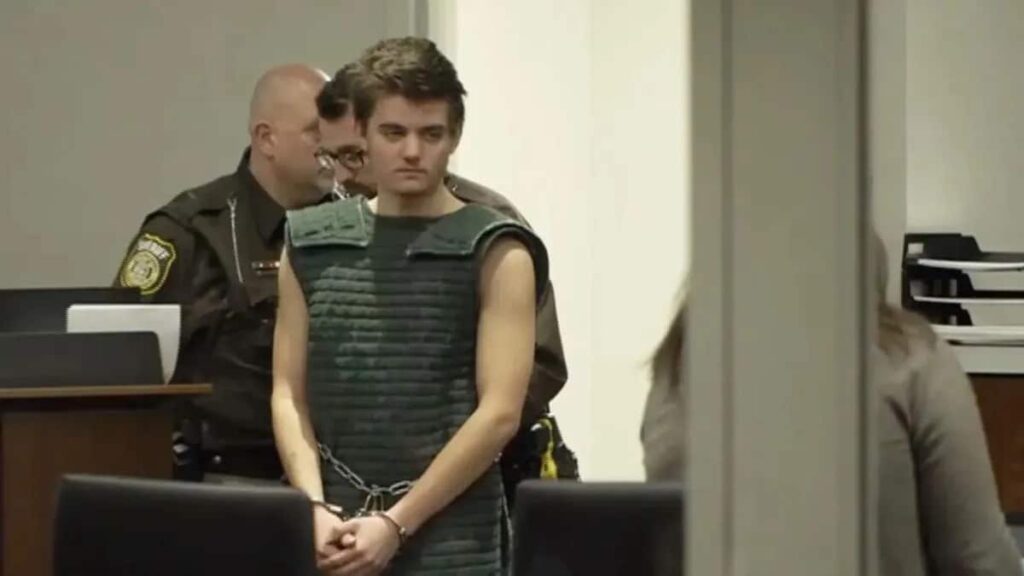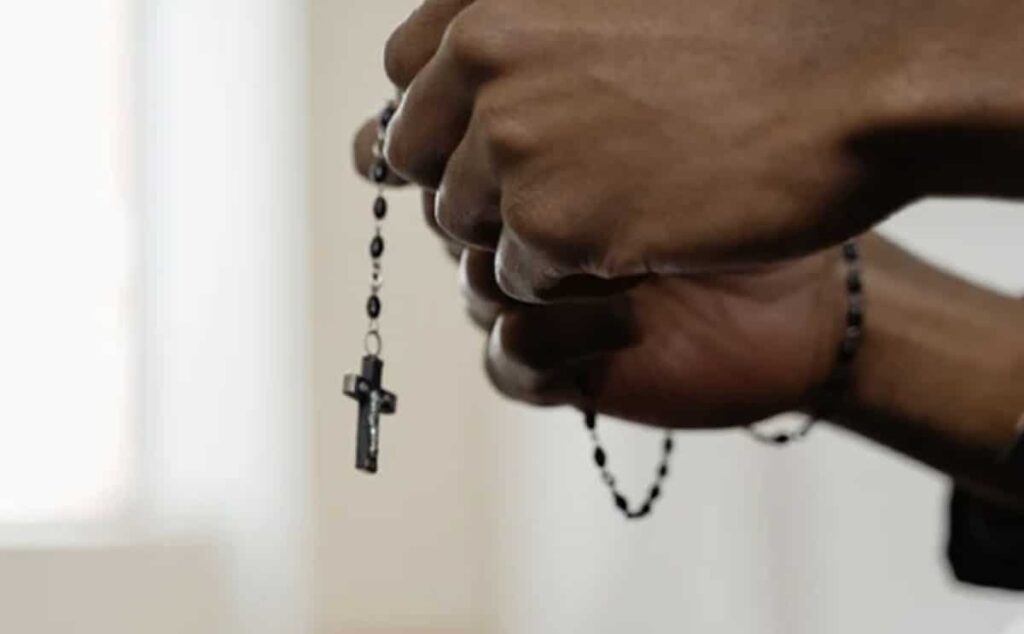What if the end is not emptiness, but a final inner journey? A groundbreaking scientific discovery revives the question of what happens in our minds during the last seconds of our life. A Canadian patient unintentionally provided an unprecedented recording of his dying brain… and the findings are as disturbing as they are fascinating.

A Heart Attack Recorded Live… and a Scientific Surprise
It all starts in a Canadian hospital, where a team of neurologists monitors the brain activity of an 87-year-old patient suffering from epilepsy. Nothing indicated that this EEG session would become historic. Suddenly, the patient suffers a fatal heart attack. A tragic event, yet a unique opportunity for science: his brain activity was recorded during and after clinical death.
And that’s when everything changes. Instead of a gradual decline in brain activity, researchers discover the presence of intense gamma oscillations, the same waves associated with memory, consciousness, and dreams.
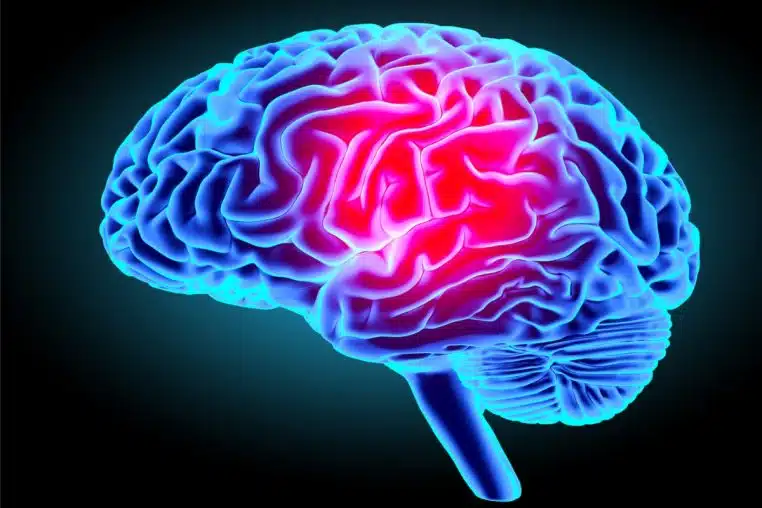
A Surge of Memories Just Before Dying
Scientists observed that these gamma waves occurred in the 30 seconds before and after the heart stopped, displaying unexpected brain activity. In essence, during these final moments, the brain seemed to wake up one last time, as if to reactivate significant memories.
This phenomenon evokes the popular idea of the famous “life flashing before your eyes”. What if it’s not just a metaphor, but a true neurological process? The brain, before shutting down, might actually plunge us back into our most memorable moments in one final act of consciousness.
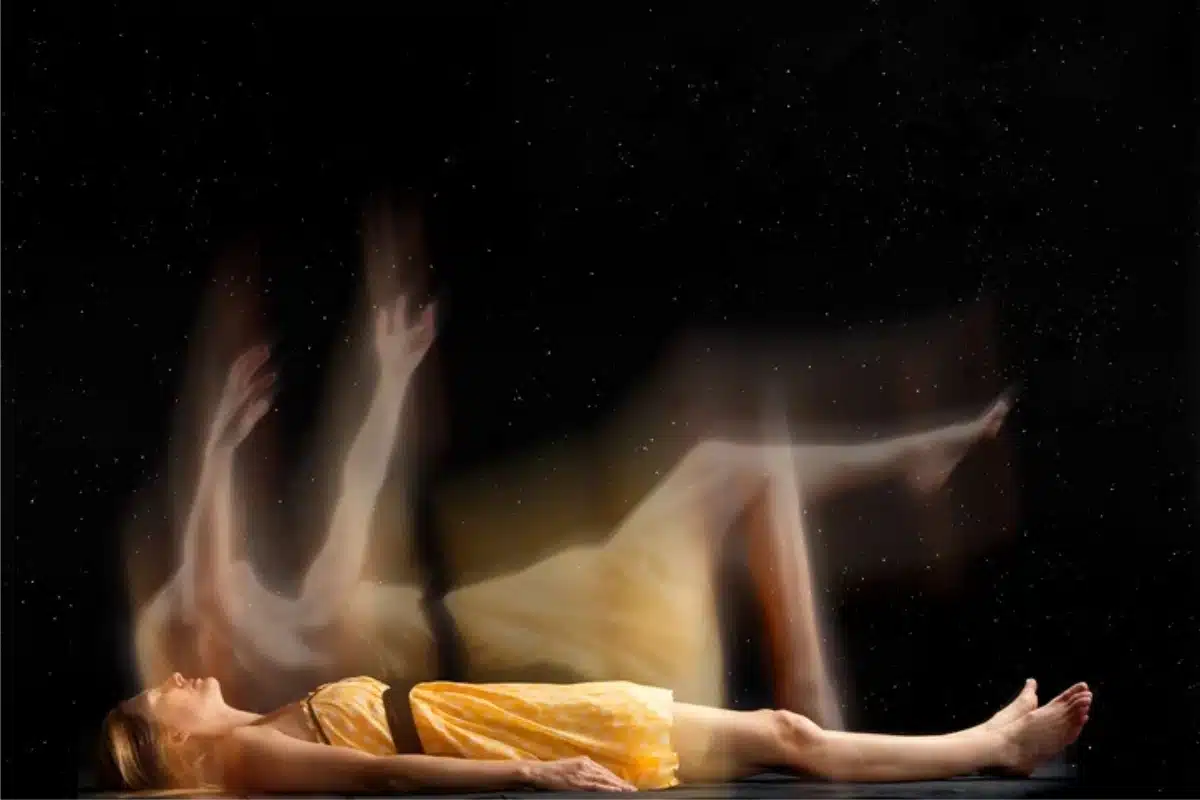
A Discovery Already Observed in Animals
Even more surprising: this same phenomenon had already been observed in rats during laboratory experiments. These rodents also exhibited intense brain activity at the moment of death, suggesting a universal mechanism among mammals.
However, this is the first time such a model has been recorded in a human, which gives a whole new weight to the hypotheses. The consistency among species could indicate that this “memory awakening” is biologically programmed, a final gift from the brain to bring us peace.
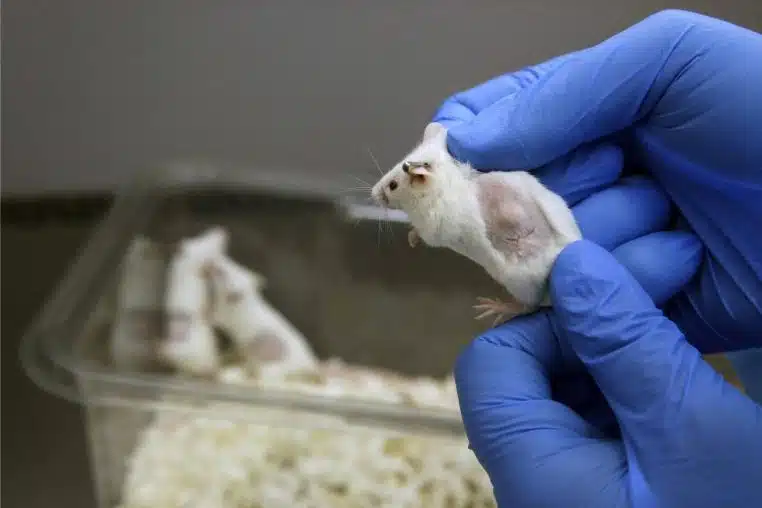
The Moment of Death Called into Question
This discovery raises a crucial question: When do we actually die? Until now, medicine considered that the stopping of the heart signified the end of life. But if the brain remains active for several seconds afterwards, it calls into question our very definition of death.
Dr. Ajmal Zemmar, the lead author of the study, explains this could even influence the approach to organ donation, particularly in the moments following cardiac arrest. Would consciousness persist for a few more seconds? This ethical question could revolutionize modern medicine.

Caution: A Study to Be Expanded
Despite these astonishing findings, caution is warranted. The study is based on a single case, and the patient had epilepsy, which might have altered his brain activity.
Researchers thus urge for further research with larger samples to confirm these observations. But one thing is certain: this world first opens a new field of study on human consciousness at the end of life.
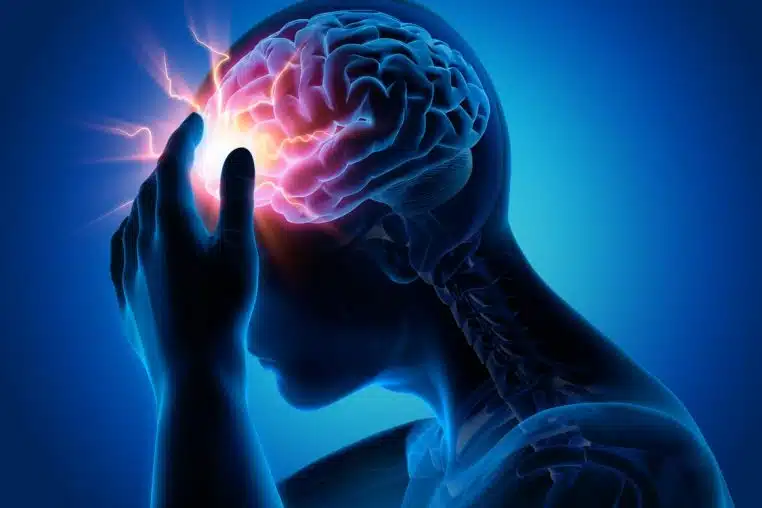
What If Dying Means Living One Last Time?
Beyond science, this discovery also offers a glimmer of poetry and hope. Perhaps death is not a brutal moment, but a peaceful and intimate transition, one in which we revisit what mattered in our lives: our loved ones, our joys, our memories.
An ultimate farewell, orchestrated by our own brain, as a form of emotional resilience in the face of the end. A gentle way to leave the world in peace, mentally surrounded by what made us alive.

